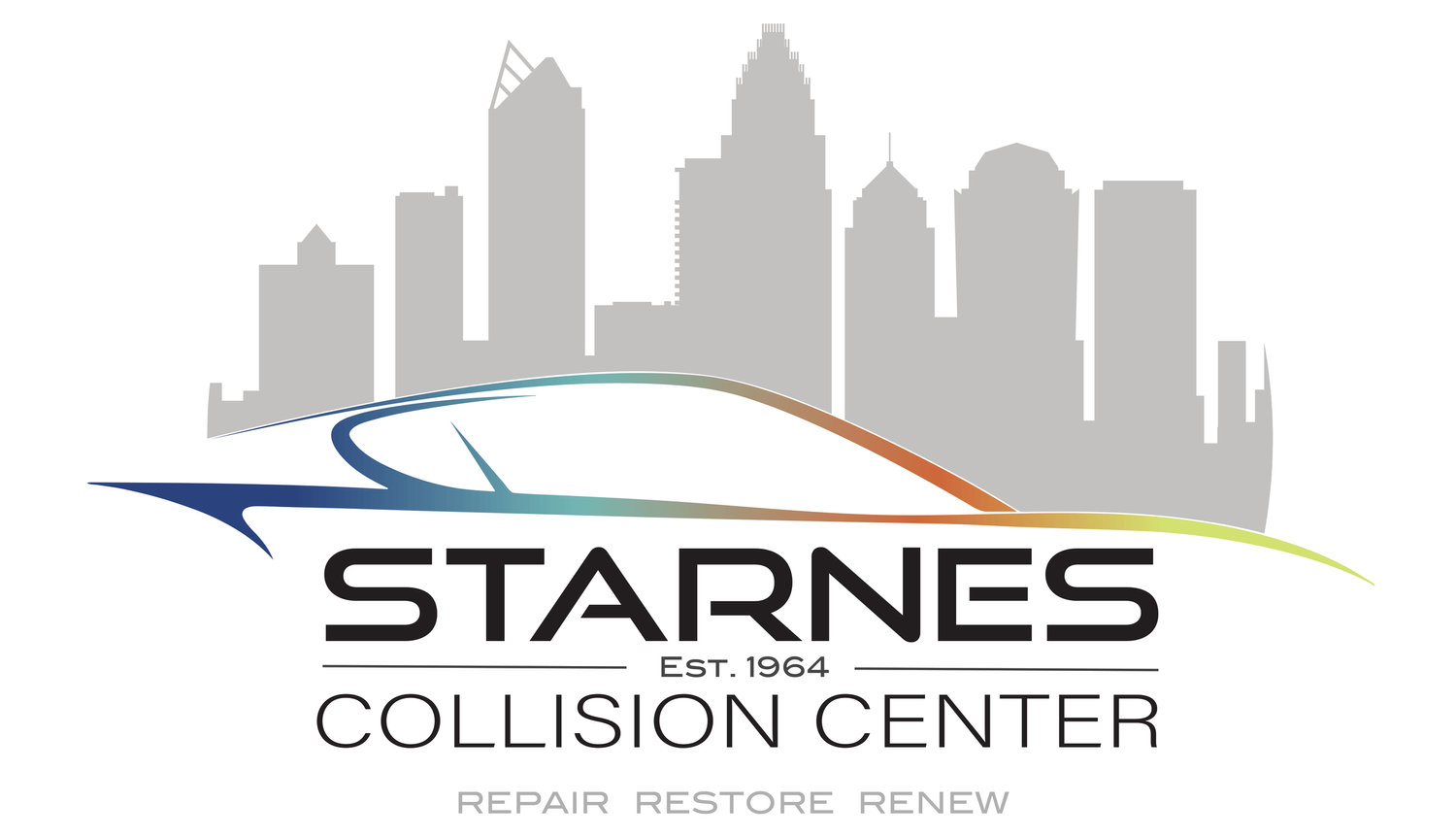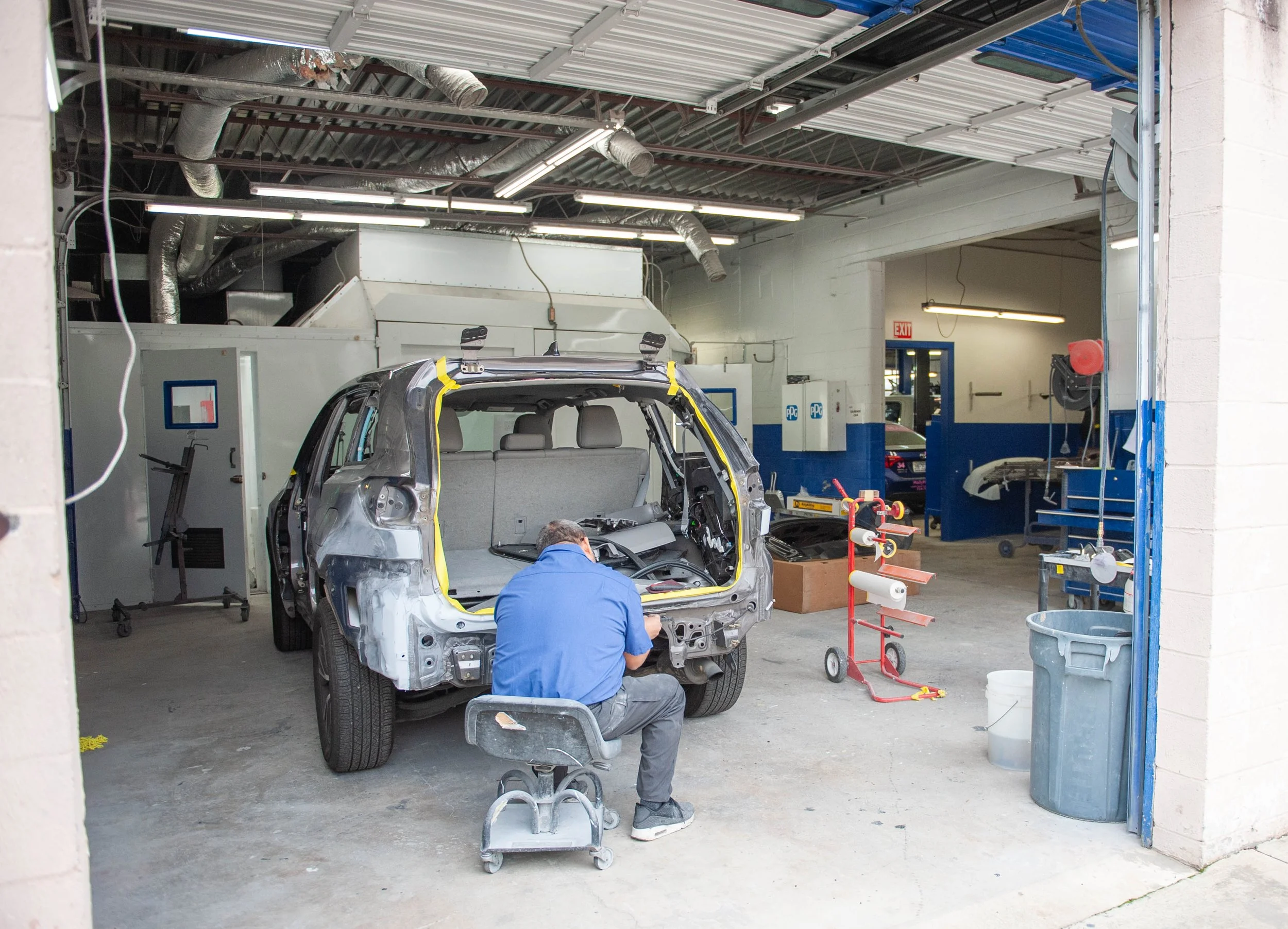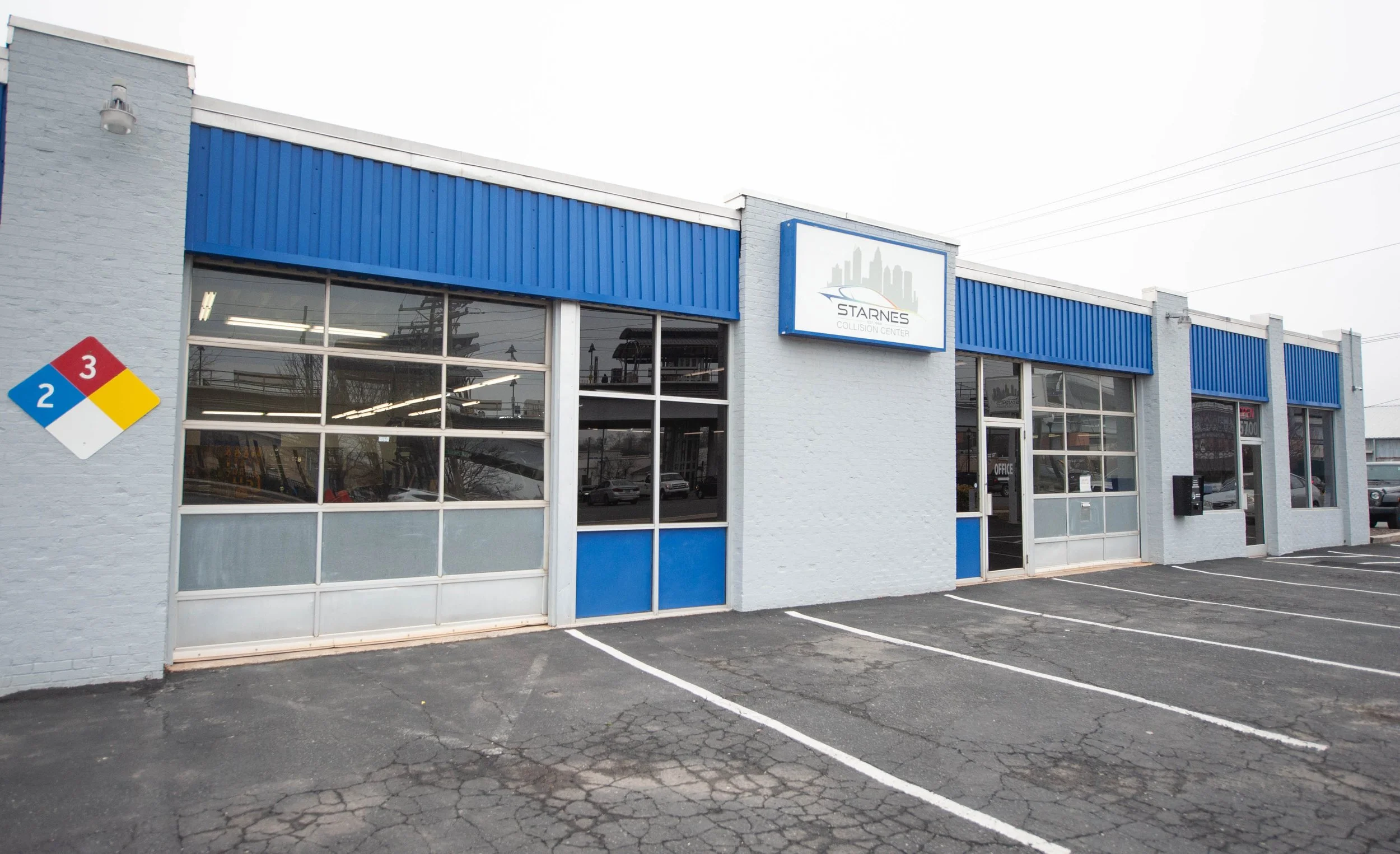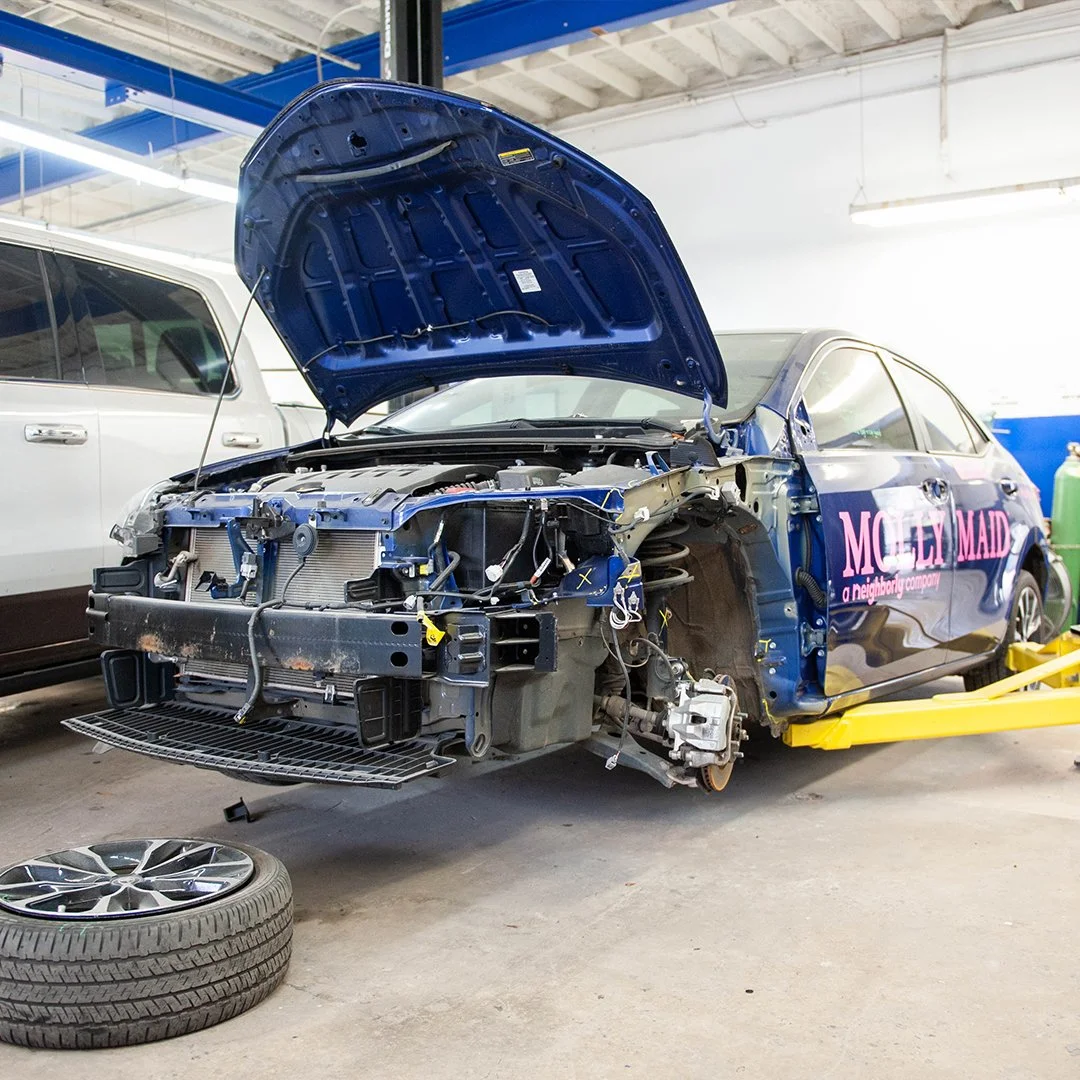How Long Does Collision Repair Typically Take?
Introduction:
After a car accident, one of the most common concerns drivers have is how long the repair process will take.
While everyone wants their vehicle restored as quickly as possible, the timeline for collision repair depends on a variety of factors, including the extent of the damage, the availability of parts, and the workload of the repair shop.
In this post, we’ll break down the key elements that influence repair timelines, typical timeframes for common repairs, and tips to ensure the process goes smoothly.
Factors That Affect Collision Repair Timelines Response:
While the idea of saving money with DIY collision repairs is appealing, the reality often involves hidden costs.
No two repair jobs are the same. Several factors come into play when estimating how long your car will be in the shop:
Extent of Damage:
Minor scratches, dents, or bumper repairs may take a day or two.
Major structural damage or airbag replacements can take weeks.
Parts Availability:
If replacement parts are in stock, repairs will proceed faster.
Special-order or backordered parts can delay the process by days or weeks.
Insurance Approvals:
Waiting for insurance adjusters to assess damage and approve claims can add time.
Delays in communication between the shop and your insurer may slow things down.
Type of Vehicle:
Luxury or rare vehicles may require specialized parts and expertise, extending repair times.
Common makes and models often have faster turnaround times due to readily available parts.
Shop Workload:
A busy repair shop may have a backlog of vehicles, which can extend the time before your car is even assessed.
Choosing a shop with a manageable workload may expedite your repair.
Additional Repairs:
Unseen damage discovered during the repair process can add extra time.
Shops may need to pause work and get approval from you or your insurance company before proceeding.
Typical Collision Repair Timelines
While every repair job is unique, here are general estimates for common types of collision repairs, (again, timelines can vary based on parts availability and delivery times):
Minor Repairs 1-5 days:
Small scratches, paint touch-ups, or shallow dents.
Moderate Repairs 7-14 days:
Replacement of bumpers, fenders, or doors.
Medium paint jobs or blending.
Major Repairs 3-5 weeks:
Frame straightening, suspension work, or extensive body damage.
Severe Accidents 4-12 weeks:
If the vehicle is close to being totaled but is still repairable.
tips to minimize car repairs
While some factors are beyond your control, there are steps you can take to help streamline the repair process:
Choose a Reputable Repair Shop (such as our certified shop):
Select a shop with certified technicians and a proven track record for efficiency.
Look for shops with I-CAR or ASE certifications as we have, to ensure quality workmanship.
Communicate with Your Insurance Company:
File your claim promptly and provide all necessary documentation.
Stay in touch with your adjuster to avoid delays in claim approval.
Ask About Parts Availability:
Confirm whether parts are in stock or need to be ordered.
Inquire about alternative options if parts are backordered.
Provide Prompt Approvals:
If the shop discovers additional damage, respond quickly to their requests for approval to avoid delays.
Stay Updated:
Check in with the repair shop regularly for updates on progress and estimated completion.
Consider the Season:
Collision repair shops are often busier during winter months due to an increase in weather-related accidents.
what to do while your vehicle is being repaired
Being without your car can disrupt your routine, but planning ahead can minimize the inconvenience:
Use Rental Car Coverage:
Many insurance policies include rental car reimbursement. Check your policy and arrange a rental vehicle if needed.
Explore Alternative Transportation:
Carpooling, public transportation, or rideshare services can be temporary solutions.
Ask About Loaner Vehicles:
Some repair shops offer loaner cars to customers while their vehicle is being repaired.
What Happens If Delays Occur?
Despite everyone’s best efforts, delays can still happen. Here’s how to handle them:
Communicate:
Ask the shop for a clear explanation of the delay and an updated timeline.
Stay in touch with your insurance company if the delay is related to approvals.
Be Patient:
Remember that quality work takes time. Rushing repairs can lead to mistakes or subpar results.
Conclusion:
The time it takes to complete collision repairs varies based on factors like the severity of the damage, parts availability, and shop workload. By understanding the repair process and taking proactive steps to minimize delays, you can make the experience smoother and less stressful.
At STARNES, we pride ourselves on providing timely, high-quality collision repair services. Our certified technicians and customer-first approach ensure your vehicle is back on the road as quickly as possible.
Contact us today for an estimate or to learn more about our services!





